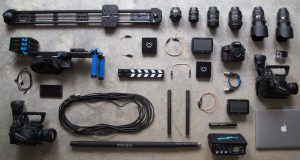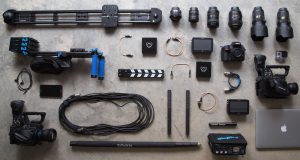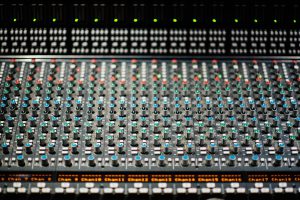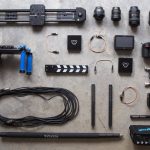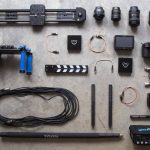In 2013, air traffic got to the number of 3 billion passengers around the world since 1970, which is a huge milestone. It’s the safest, fastest and often the cheapest mean of transportation, so it is expected that these numbers will only rise. The part we’re especially interested in is the implementation of IoT into the airplanes.
A recent announcement from Rockwell Collins about their 8 billion deal with B/E Aerospace has gotten our attention as IoT will finally conquer the aviation. It is exciting to learn about future smart airplanes which will benefit both pilots and passengers.
Their plans are to integrate airplane components with data acquisition devices that will gather information and use it to improve the user-experience. The passengers will have access to both in-the-air and ground services, while pilots will enjoy improved controls, flight tracking and overall control of the aircraft.
Although this merger is huge and created a giant in the industry, there is still a lot of space for small companies and start-ups to contribute to the industry. In fact, it is a rising trend that the awards have been given to start-ups developing IoT technologies.
This innovation allows companies to offer new business models to the passengers, which will increase the revenue, while the passengers will have the option to choose what suits them best and enjoy flying even more.
The primary needs of flying for both passengers and companies are safety and speed, but there has been a recent rise of the need to fly smart, and we’re about to get this too.
Data acquisition is indeed applicable everywhere around us.

